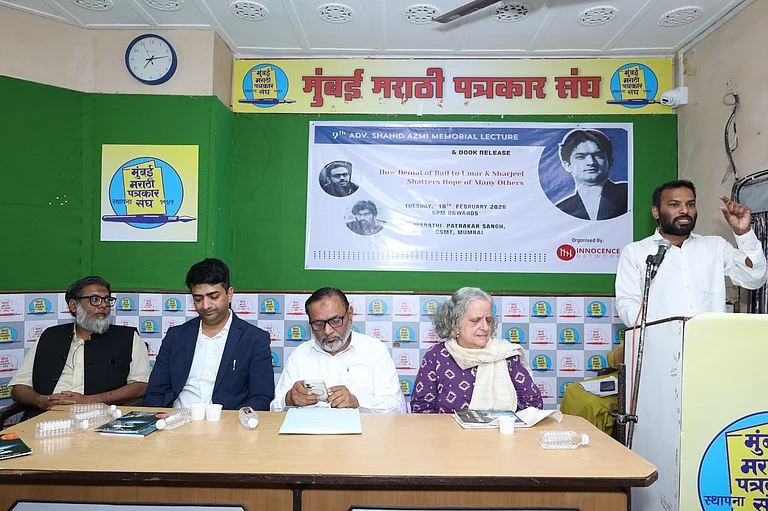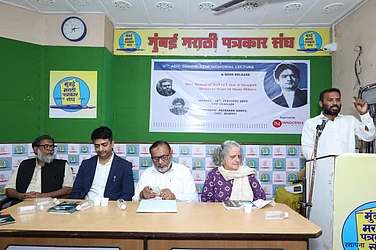The Department of Social Security and Empowerment of Persons with Disabilities (SSEPD) of the Odisha government works for the overall development of persons with disabilities, providing them with social security pensions through specially designed schemes and programmes. The department along with UNFPA has launched a unique initiative called the Disability Innovation and Experience Lab (DIEL) to employ technology for transformation, which is aligned with the government’s 5T initiative which stands for Teamwork, Transparency, Technology, Time and Transformation to improve governance and ensure efficient delivery of public services. Excerpts from an interview with Sushil Kumar Lohani, the former principal secretary with additional charge of SSEPD, who is now principal secretary in the Department of Panchayati Raj & Drinking Water:
How do you connect a diverse set of issues from hands-on action to improve access for people with disability in your labs? How would you like to raise awareness and strengthen working with the UN system and civil society organisations as part of the work your department is undertaking?
Persons with disabilities face discrimination and barriers that restrict them from participating in society on an equal basis with others every day. They are commonly denied their right to be included in the general school system and workplaces or to live independently in the community.
This is why the government of Odisha is working to mandate the inclusion of the entitlements of people with disabilities in society with definite plans that tap them early on in their lives. This includes a diverse set of strategies, including leveraging the growing potentialities of assistive technology to empower people with disabilities, bringing in equal focus on a ‘transformative curriculum’ for special schools, and building key strategic partnerships with agencies like UNFPA.
How does the work being done in your department connect with the larger policies of the government of India?
The National Disability Act also speaks about inclusive education. Odisha’s initiative for the conversion of special schools under 5T will eventually lead to inclusive education.
The other important area our department is concerned with is the state’s rapid demographic transition with fertility levels now well below the replacement level, and the (UN and Census) projections about the rising elderly population in the state.
The Odisha Policy for Senior Citizens drafted in 2016 will need to revisit the projections to align with an alarming increase in the rise of the state’s elderly population.
Can you tell us how this connects with the 5T framework of the state government?
Recently the Odisha government decided to bring special schools under the 5T framework that will be especially beneficial for children with special needs. The interplay and integration of technology are already taking place in schools and communities.
The field of accessible assistive technologies is undergoing vast changes and it will form the bedrock of our efforts to bring about transformation as the Disability Innovation and Experience Lab (DIEL) extends to cover all 30 districts of the state.
The DIEL initiated by the state government along with the UNFPA is a unique initiative by the department of SSEPD with multi-purpose objectives and a strategic vision to move forward by employing technology for transformation. This is connected to the transformative initiatives of the department and is also in alignment with Chief Minister Naveen Patnaik’s 5T initiative that requires government projects to adhere to teamwork, transparency, and technology, leading to transformation in a timely manner.
(Author's Bio: Bijoy Patro is a senior journalist.)























